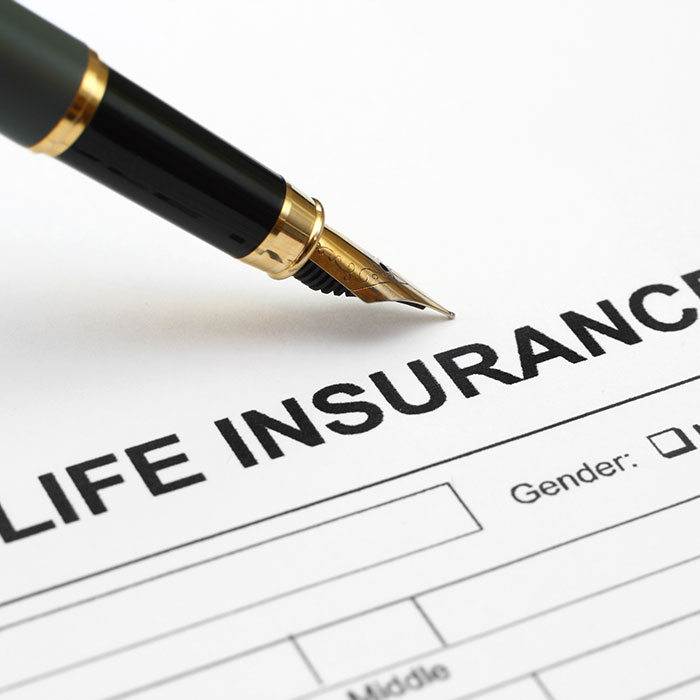What is life insurance?
Life insurance can pay your dependants money as a lump sum or as regular payments if you die.
It’s designed to provide you with the reassurance that your dependants will be looked after if you’re no longer there to provide.
The amount of money paid out depends on the level of cover you buy. You decide how it is paid out and whether it will cover specific payments, such as mortgage or rent.
There are two main types of life insurance:
- Term life insurance policies: run for a fixed period of time (known as the ‘term’ of you policy)- such as 5, 10 or 25 years.
These kinds of policies only pay out if you die during the policy. There’s no lump sum payable at the end of the policy term. - A whole-of-life policy: will pay out no matter when you die, as long as you keep up with your premium payments.
These plans have no cash in value at any time and will cease at the end of the term. If premiums are not maintained, then cover will lapse.
What isn’t covered?
Life insurance usually covers death- if you can’t provide for your family because of illness or disability, you won’t be covered.
You can buy other insurance products for these issues, which cover:
- long-term illness
- critical illness cover, or
- total and permanent disability

